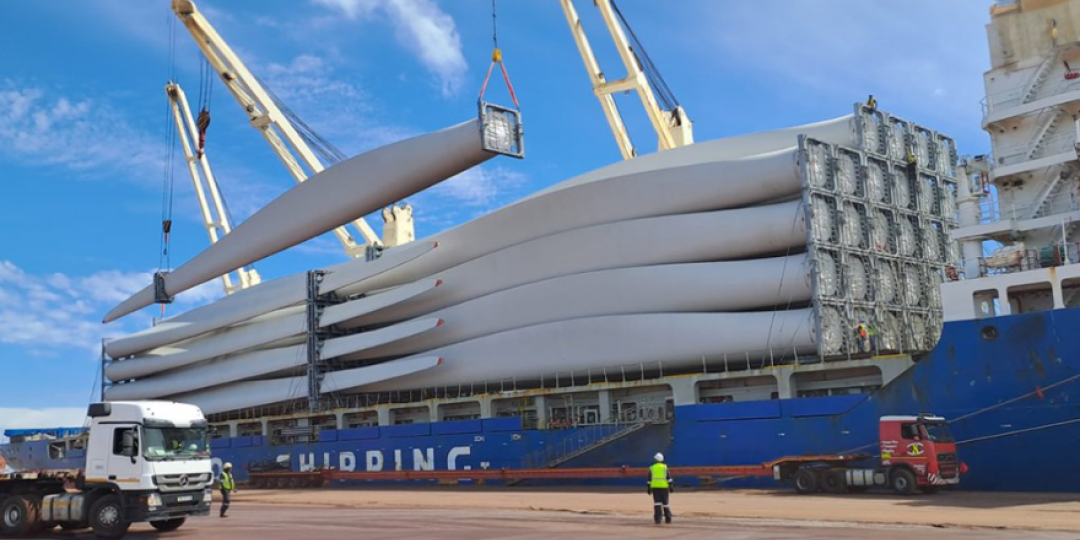Donald Trump wasted no time after Monday’s inauguration to withdraw the United States from the Paris Agreement on climate change – a move with potentially significant consequences for wind turbine logistics and clean energy funding.
The announcement raised concerns about the loss of approximately $300 million in clean energy funding, which is critical for renewable energy projects, particularly those involving the transportation of wind farm equipment.
This funding supports clean energy technologies essential for reducing carbon emissions and transitioning towards sustainable energy.
Transporting turbines and related equipment typically accounts for 10% of a wind project’s upfront capital costs, though this varies with turbine size and distance to installation sites.
In the US, transportation costs for land-based wind projects generally range from 3% to 8% of capital costs, with rising costs anticipated for larger turbines due to the need for specialised transport equipment and permits.
Large projects require substantial logistical operations.
Large wind turbines require specialised transport equipment and permits, leading to significant logistical costs. For instance, a 150 MW wind farm may require 689 truckloads, 140 rail cars and eight ships to transport the necessary equipment. Nordex Energy South Africa is managing the transportation of 550 abnormal load deliveries for the Umsobomvu Wind Farm, part of the Koruson 2 cluster. The operation involves moving 81-metre-long turbine blades, nacelles and other components from the Port of Ngqura to the Eastern and Northern Cape border. While some components are imported, others, like concrete towers, are manufactured locally in the Eastern Cape, reducing international shipping needs.
While existing projects remain funded, the US withdrawal could jeopardise future wind farm investments.
Trump’s pro-fossil fuel stance, including his "drill baby drill" rhetoric, threatens the specialised logistics sector that has grown around clean energy equipment.
Reduced federal support may lead to decreased investment, project delays, and fewer contracts for logistics companies. The withdrawal also signals diminished US commitment to renewables, discouraging investors and stalling new projects.
Internationally, Trump’s decision risks isolating the US as other countries invest heavily in renewable infrastructure. Experts warn that this could leave US firms lagging in manufacturing and clean energy technologies. The previous withdrawal of the first Trump Administration (2017-2021) from the Paris Agreement drew similar criticism, with unmet funding commitments frustrating global climate initiatives.
The US risks missing out on innovation and economic opportunities tied to renewable energy advancements. Meanwhile, climate-related disasters continue to escalate; 2024 was the hottest year on record, and recent wildfires in Los Angeles caused damages estimated at $250-$275 billion.
Trump’s decision undermines both domestic and international climate efforts, casting uncertainty on the future of renewable energy and the logistics sectors that depend on it.
ORIGINAL SOURCE: Financial Times and several other titles.














